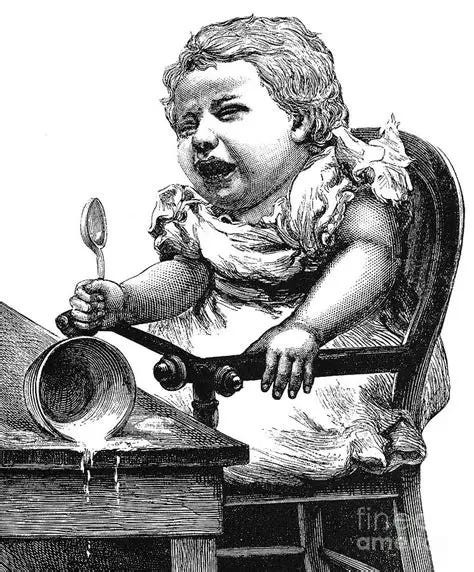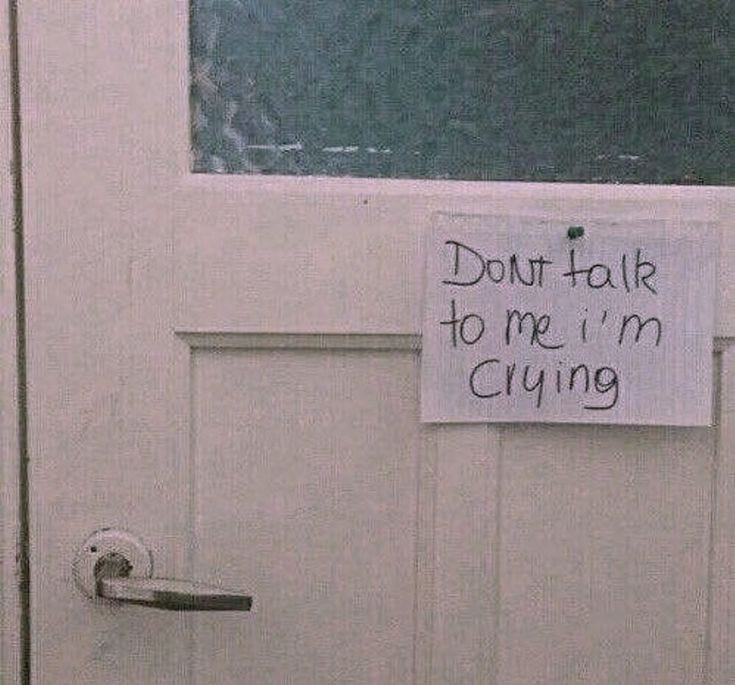I know I’m not in a good head space when I want to tear complete strangers a new one for a minor inconvenience. I see a bunch of people outside the bar taking up all the footpath, right next to outdoor tables and chairs mind you and I have to bite my tongue. Sometimes I don’t, sometimes I just say what’s on my mind which today is a lot, way too much. I refrain because I know today, I will snap and so I take the passive aggressive approach, eyeballing them into compliance to move out of my way.
I take a deep breath as I walk into the supermarket, what a wretched banal place to be when you're carrying the weight of the world on your shoulder. I mean they do provide baskets, but my sorrow flatly refused to leap in- it gets in the basket.? This must be what hell is like, I’m sure it’s one big, overcrowded supermarket with demon cashiers.
And the second upon entering all you want to do is leave, just to go home and cry in private. I’m joking I don’t cry, well not easily. I want to go home to set myself an easily avoidable menial task and then berate myself for days over my complete inability to sort out my life, I mean my kitchen cupboard. Consoling myself with a nice little doom scroll for way too many hours, cuddle my cat and whisper “I love you”, before listening to ‘I could murder a podcast’ anything to avoid this feeling.
Since my sobriety journey, I don’t numb myself to the agony of existence anymore, no I face the uncertainty the ups and downs of life, doom scrolling until my eyeballs evaporate, Youtube, and Substack are my drug of choice. Something I can get lost in, disassociate.
Why am I like this? Seriously is it a generational curse or just me?
There’s no point in crying over spilt milk
There’s no point in crying over spilt milk
It’s not worth crying over
Crying won’t change anything.
I grew up on this rhetoric being raised by grandparents who had experienced wars, economic depression raised by people who also went to war and even more severe economic depression. Tears were a luxury for the privileged, we don’t cry in my family we suck it up. The curse of generational stoicism.
Yet society hasn’t progressed much in the empathy Olympics we are hardly contenders, wavering in between that murky juxtapose of compassion to just plain outright mockery.
While it’s true crying won’t change the situation, fix that heel of a broken favourite shoe or bring back the dead, surely it helps us process what is essentially big or small a personal loss regardless. So why the stigma?
But what do these sayings even mean?
cry over spilt (or spilled) milk
lament or make a fuss about a misfortune that has happened and that cannot be changed or reversed.
See also: cry, milk, over, spilt
Farlex Partner Idioms Dictionary © Farlex 2017
It goes on to provide examples.
I'm always very positive and used to say: "There's no use crying over spilt milk", but that changed the day I actually spilt the last of my milk due to physical and emotional exhaustion.
Lifeline for drowning families
There is no point in crying over spilt milk. The country has been burdened with heavy debt which will have to be paid back.
Now there is no point crying over spilt milk. The poor child is dead, and my sympathy and condolence goes to the child's family.
To lament or make a fuss over misfortune that cannot be changed.
The variations for which this idiom can be used are complex to say the least, from your team losing the finals to the loss of a child. Ironically somethings are more acceptable socially to be ‘tear worthy’ but like milk they do still have an expiration date.
But when is it ok to cry? And what is society’s comfort quota with our sorrow. Can I cry on the tram to work on a Monday because I hate my job, and my boss is a see you next Tuesday? Can I cry on the tram on a Monday because I am distraught over war and suffering, or that oligarchs are destroying the world with their incessant greed? If not on Monday does Wednesday suit you better?
To lament should be ok, crying should be ok so why isn’t it?
Psychology today says there are six main reasons that impact a person’s ability to cry ;
1. Emotional Trauma
According to Vingerhoets, a retired professor of psychology, “From the moment someone experiences a psychic trauma, they can lose the ability to cry.” Trauma essentially creates a defence mechanism reaction.
2. Your Personality Style
Vingerhoets states there is one published study that looks at some factors for the inability to cry emotional tears. Involving 475 adults, reported people who struggled to cry generally felt less connection to others, less empathy, less of an emotional response to art, music, nature. Basically, emotional shutdown.
3. Your Antidepressant
Yes anti-depressants, particularly selective serotonin (or serotonin/norepinephrine) reuptake inhibitors—can cause the suppression of tears.
4. Depression
Wait don’t depressed people cry more? Patients with major depressive disorders report a feeling of emptiness as opposed to sadness.
5. A Medical Condition
Less likely and more rare, medical conditions can inhibit tear production.
( Sjogren’s Syndrome or even rarer Moebius Syndrome )
6. Social Stigma
Bylsma, an assistant professor of psychiatry and psychology states that “a need for control can keep some people from crying.” This he says is true for biological males, who cry, on average, less than once every two months, while biological females in Western countries cry two to four times per month.
(of course there are variables, childhood abuse / physical or emotional trauma/ PTSD etc)
Boys Don’t Cry..
I haven’t forgotten you fellas, as Robert Smith sang “Boys don’t cry “but I suspect he was being more tongue in cheek rather than pro emotional repression. Or perhaps it was his trademark eyeliner that prevented the tear ducts from working, come on lets be honest who hasn’t deliberately put on eyeliner and mascara to mentally stop yourself from crying.
Popular culture promotes that if you cry, you're a ‘cry-baby or a big girl’
Walking talking thumbs like Andrew Tate would never cry right?
Justin mocked Britney with “Cry me a River”
Toxic masculine role models promote the ‘be a man not a bitch’ theory. But in reality, we all hurt we all feel, and there is no statute of limitations on sorrow. If it still hurts, it still matters.
As a personal anecdote, I learnt my biggest lesson about crying from a man. No not my parental figure, not some celebrity, not a self-help guru. I sat before a man, telling a story and I said “I don’t want to talk about it, or I might cry” his response to me was both shocking and surprising. “It’s ok to cry, I cry all the time when I’m sad, I cry my fucking eyes out sometimes” In my eyes this made him the bravest man, to be honest, yes, I hurt, I cry.
I had never had someone be so unashamedly open and honest about crying. Why did I assume he didn’t cry?
I tend to cry on the inside. That internalised shame or concept that sharing any emotion that is negative is a taboo is deeply ingrained in my psyche. I’m working on it; I’m far from a healthy crier but I’m getting there.
The milk was yours; it mattered to you; you feel the loss of that milk, and maybe this isn’t even about milk. A loss is a loss. Spilt milk is worth crying over.








A Brazilian friend of mine told me they have a saying in Portuguese "Chorar lava a alma" which means crying cleanses the soul, or as she put it, you have to cry to wash your heart clean. I hope you can let it out if you need to. I also hope you find fewer and fewer reason to as you do.
Feeling like you have and love something, then a sense of loss arises when that something is gone. And it is natural that there are tears when losing, because tears are created to be shed as a climax of unbearable feelings, even though sometimes they have to be held back.